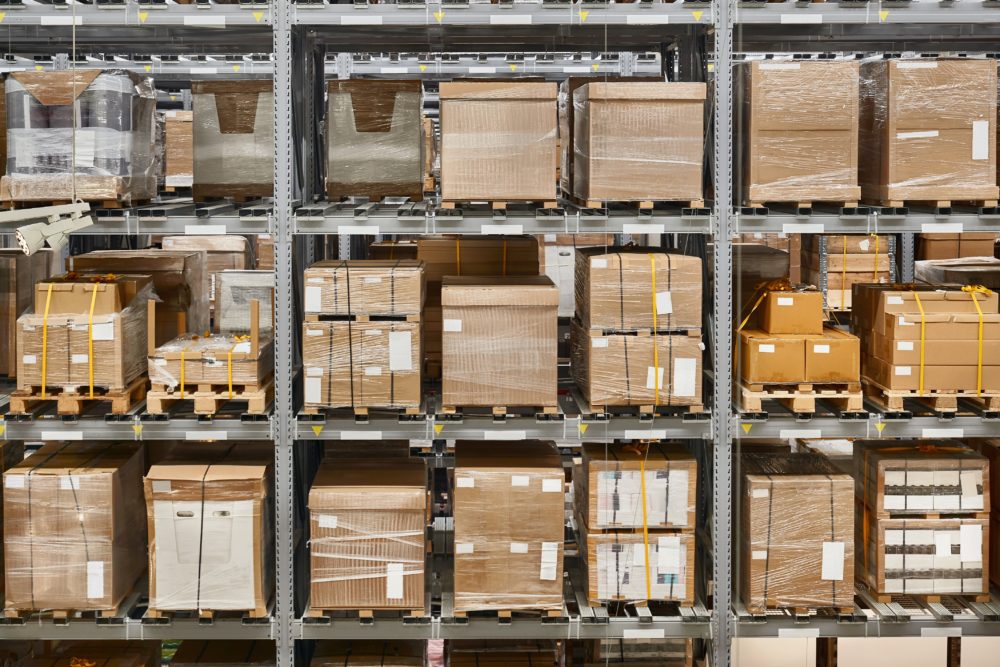Small business owners have upped the amount of cash they’re holding in current accounts by 78pc over the past two years in case of another credit crunch, reports The Sunday Times.
It cites an upcoming release from Hampshire Trust Bank (HTB) saying that cash is being put aside to pay off loans in the event of a post-Brexit recession. Entrepreneurs also want to be able to access funds should any investment opportunities come up after leaving the EU. They’ve been complaining that it’s difficult to plan without knowing what the outcome of the Brexit negotiations will be.
Read: How are small businesses preparing for Brexit?
Funds needed for stockpiling
Many businesses began stockpiling raw materials ahead of the original Brexit deadline back in March and have started doing so again before the new deadline at the end of next month. The need for accessible cash to buy supplies for stockpiling contributed to the increase of current account balances, according to HTB’s research.
The report will reveal that the average business current account balance is now £726,000 compared with £408,000 two years ago. Overdraft use has also decreased since 2017, falling from an average of £56,000 to £49,300. HTB surveyed 500 companies, with turnovers ranging from below £500,000 to £100m.
“More money is now being stored in current accounts to fuel growth and reduce loans,” said Stuart Hulme, director of savings and marketing at HTB. “With such a large amount of economic uncertainty, it reflects a desire to have better cash balances.”
Experts are saying that clarity on Brexit would encourage business owners to stop stockpiling.
“At times of uncertainty, small business owners want to know they have cash in the bank,” added Emma Jones, founder of Enterprise Nation.
“Conserving cash is putting off key decisions such as hiring staff and buying new equipment, but just imagine the economic bounce we’ll see when the position on Brexit is clear and money starts flowing again.”





